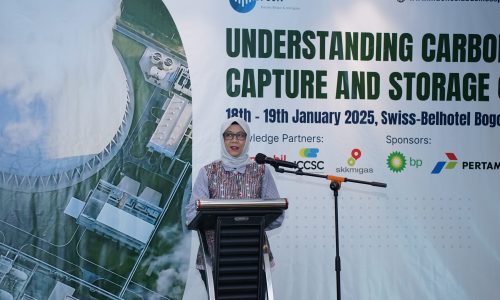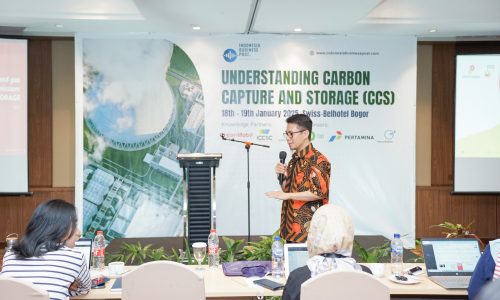The West Java Provincial Government and the Nuclear Energy Regulatory Agency (Bapeten) are collaborating on the use of nuclear technology in the health sector.
The collaboration was marked by the signing of a Memorandum of Understanding on the Implementation of Collaborative Supervision of the Utilization of Nuclear Energy, Radiation Facilities, and Radioactive Substances in the West Java Province
The signing of the memorandum was conducted by the Acting Secretary of West Java, Taufiq Budi Santoso, and the Acting Head of Bapeten, Sugeng Sumbarjo.
“We highly appreciate Bapeten for initiating this collaboration and focusing on the crucial aspect of health. There are many things that we need to synergize in the implementation of these activities,” expressed Taufiq in a West Java Public Relations release on Sunday, November 12, 2023.
Taufiq stated that the hope after the meeting between the West Java Provincial Government and Bapeten is to realize a joint work plan in the implementation of public services through the increased utilization of nuclear energy.
“Hopefully, this can be accelerated, and at the very least, the provincial government understands how to utilize nuclear energy for regional development. I am confident that not only in the health aspect but also in other aspects such as agriculture, we need to facilitate the use of nuclear energy,” Taufiq explained.
In line with Taufiq, Acting Head of Bapeten Sugeng Sumbarjo explained that this program will provide much benefit, and Bapeten pays great attention to West Java as the second-largest province after DKI Jakarta that utilizes nuclear energy.
He revealed that in this collaboration on the utilization of nuclear energy, West Java Province will serve as a model for Bapeten.









